 I opened the I Ching at random this morning and came up with #38, K’uei / Opposition. The commentary says it is common for two opposites to exist together, needing to find relationship. I realize an opposition is being set up just in the act of writing my memoir Drop Out: my inner writer will be observing everything I do closely and recording what she finds valuable. I’m reminded of a review of Journey into the Dark: The Tunnel by William Gass that appeared in The New York Times Book Review: (more…)
I opened the I Ching at random this morning and came up with #38, K’uei / Opposition. The commentary says it is common for two opposites to exist together, needing to find relationship. I realize an opposition is being set up just in the act of writing my memoir Drop Out: my inner writer will be observing everything I do closely and recording what she finds valuable. I’m reminded of a review of Journey into the Dark: The Tunnel by William Gass that appeared in The New York Times Book Review: (more…)
I’m honored to host the award winning writers of BEHIND THE MASK, an anthology of superhero stories.
Behind the Mask 
Behind the Mask is a multi-author collection with stories by award-winning authors Kelly Link, Cat Rambo, Carrie Vaughn, Seanan McGuire, Lavie Tidhar, Sarah Pinsker, Keith Rosson, Kate Marshall, Chris Large and others. It is partially, a prose nod to the comic world—the bombast, the larger-than-life, the save-the-worlds and the calls-to-adventure. But it’s also a spotlight on the more intimate side of the genre. The hopes and dreams of our cape-clad heroes. The regrets and longings of our cowled villains. That poignant, solitary view of the world that can only be experienced from behind the mask.
Excerpt from Over an Embattled City by Adam R. Shannon
They say that every time you remember something, you open up the memory and repack it again, like viewing a painting and making a perfect copy of it, over and over. With time, the details smear and change, until the picture is something entirely different, not a transcription of the way the world was, but your own creation.
But my memory of the Outsider feels perfect, untouched.
Dust blew around me. Not like a sandstorm, but an unspeakable darkness, the pulverized remains of people, buildings, and dreams. Blocks of debris impacted nearby, like the footsteps of an approaching giant.
My mother, somewhere in the dust, was screaming my name.
Then he was there.
He never bothered with an extravagant costume, never indulged in theatrical capes or high collars. He wore the same simple shirt and pants he had on when he came back to our time. When his feet settled on the cracked sidewalk beside me, I felt the solid, reassuring thump through the bottoms of my shoes.
“And what are you doing here?” he asked. There was a faint accent, an endearing lilt he never quite shed when he learned our language.
I knew him by sight. Everyone did. I’d watched him in videos, on the news, and listened to my parents debate whether he was a hero or something else.
I stared.
“Do you have a name?” he asked.
I nodded. “Emma.”
A man ran out of the swirling dust, his face contorted in panic, and vanished back into the storm.
Outsider smiled. Caked dust cracked at the corners of his eyes. “Emma the Brave,” he said.
 Adam R. Shannon is a career firefighter/paramedic, as well as a fiction writer, hiker, and cook. His work has been shortlisted for an Aeon award and appeared in Morpheus Tales and the SFFWorld anthology You Are Here: Tales of Cryptographic Wonders. He and his wife live in Virginia, where they care for an affable German Shepherd, occasional foster dogs, a free-range toad, and a colony of snails who live in an old apothecary jar. His website and blog are at AdamRShannon.com.
Adam R. Shannon is a career firefighter/paramedic, as well as a fiction writer, hiker, and cook. His work has been shortlisted for an Aeon award and appeared in Morpheus Tales and the SFFWorld anthology You Are Here: Tales of Cryptographic Wonders. He and his wife live in Virginia, where they care for an affable German Shepherd, occasional foster dogs, a free-range toad, and a colony of snails who live in an old apothecary jar. His website and blog are at AdamRShannon.com.
Adam’s Behind the Mask blog tour GUEST POST:
I’m going to talk about superheroes, but first I’m going to talk about that time you thought you were going to die.
They say that what doesn’t kill you makes you stronger. I’m not sure how that inane sentiment gained a foothold in our culture. Things that try to kill you also tend to leave you injured or traumatized. There’s a reason that this is the kind of platitude that coaches say to kids running wind sprints, and not something doctors routinely tell people starting chemo.
So believe me when I say that when I talk about telling near-death stories, I’m not trying to minimize the trauma many people carry within them. This isn’t easy stuff to talk about, and no one is under an obligation to do so. But sometimes you reach a point when you want to talk, and hear others talk about those moments they felt their mortality most acutely.
I have a few stories like that from my own life – the time I nearly died of Botulism in a hotel in Senegal, or someone put a gun to my head in a traffic stop gone wrong, or the first time I crawled into a burning apartment while fighting a high-rise fire. Usually by the time we’re swapping our tales over a dinner table, the terror of those moments has long since faded, and what was once a trauma has evolved – mostly – into something different.
Surviving trauma is the essence of many superhero backstories. We don’t just love heroes because they embody the part of us that wants to be special; we love them because they enrich our hope that suffering will be transformative. We want to believe that it really will make us into stronger, better people. I like hearing real examples of how an awful narrative transforms over time, how it’s digested and assimilated into the self, like food repurposed to heal living tissue.
Confronting death may temporarily grant us the power to act out, violate rules and conventions, and live as if every day is the last. It may make us feel like outsiders, marked by our experiences – different. But weren’t we always different? Weren’t we always waiting for the monster with our name on it, the lurking truth we know will destroy what we are and make us new again?
By the time we’re swapping those stories over a beer, the crisis is over. Normal life has reasserted itself, and the raw power of fear has been subdued. But there’s always the promise of disaster, the creature we sense slithering around the margin of our days, and the eager dread with which we anticipate its return.
All other author bios:
Kelly Link is the author of four short story collections: Get in Trouble, a finalist for the 2016 Pulitzer Prize in Fiction, Pretty Monsters, Magic for Beginners, and Stranger Things Happen. She lives with her husband and daughter in Northampton, Massachusetts.
Seanan McGuire lives and writes in the Pacific Northwest, in a large, creaky house with a questionable past. She shares her home with two enormous blue cats, a querulous calico, the world’s most hostile iguana, and an assortment of other oddities, including more horror movies than any one person has any business owning. It is her life goal to write for the X-Men, and she gets a little closer every day.
Seanan is the author of the October Daye and InCryptid urban fantasy series, both from DAW Books, and the Newsflesh and Parasitology trilogies, both from Orbit (published under the name “Mira Grant”). She writes a distressing a mount of short fiction, and has released three collections set in her superhero universe, starring Velma “Velveteen” Martinez and her allies. Seanan usually needs a nap. Keep up with her at http://www.seananmcguire.com, or on Twitter at @seananmcguire.
mount of short fiction, and has released three collections set in her superhero universe, starring Velma “Velveteen” Martinez and her allies. Seanan usually needs a nap. Keep up with her at http://www.seananmcguire.com, or on Twitter at @seananmcguire.
Carrie Vaughn is best known for her New York Times bestselling series of novels about a werewolf named Kitty, who hosts a talk radio show for the supernaturally disadvantaged, the fourteenth installment of which is Kitty Saves the World. She’s written several other contemporary fantasy and young adult novels, as well as upwards of 80 short stories. She’s a contributor to the Wild Cards series of shared world superhero books edited by George R. Martin and a graduate of the Odyssey Fantasy Writing Workshop. An Air Force brat, she survived her nomadic childhood and managed to put down roots in Boulder, Colorado. Visit her at www.carrievaughn.com.
Cat Rambo lives, writes, and teaches atop a hill in the Pacific Northwest. Her 200+ fiction publications include stories in Asimov’s, Clarkesworld Magazine, and The Magazine of Fantasy and Science Fiction. She is an Endeavour, Nebula, and World Fantasy Award nominee. Her second novel, Hearts of Tabat, appears in early 2017 from Wordfire Press. She is the current President of the Fantasy and Science Fiction Writers of America. For more about her, as well as links to her fiction, see http://www.kittywumpus.net
Lavie Tidhar is the author of the Jerwood Fiction Uncovered Prize winning and Premio Roma nominee A Man Lies Dreaming (2014), the World Fantasy Award winning Osama (2011) and of the critically-acclaimed The Violent Century (2013). His latest novel is Central Station (2016). He is the author of many other novels, novellas and short stories
Kate Marshall lives in the Pacific Northwest with her husband and several small agents of chaos disguised as a dog, cat, and child. She works as a cover designer and video game writer. Her fiction has appeared in Beneath Ceaseless Skies, Crossed Genres, and other venues, and her YA survival thriller I Am Still Alive is forthcoming from Viking. You can find her online at katemarshallwrites.com.
Chris Large writes regularly for Aurealis Magazine and has had fiction published in Australian speculative fiction magazines and anthologies. He’s a single parent who enjoys writing stories for middle-graders and young adults, and about family life in all its forms. He lives in Tasmania, a small island at the bottom of Australia, where everyone rides Kangaroos and says ‘G’day mate!’ to utter strangers.
Stuart Suffel’s body of work includes stories published by Jurassic London, Evil Girlfriend Media, Enchanted Conversation: A Fairy Tale Magazine, Kraxon Magazine, and Aurora Wolf among others. He exists in Ireland, lives in the Twilight Zone, and will work for Chocolate Sambuca Ice cream. Twitter: @suffelstuart
Michael Milne is a writer and teacher originally from Canada, who lived in Korea and China, and is now in Switzerland. Not being from anywhere anymore really helps when writing science fiction. His work has been published in The Sockdolager, Imminent Quarterly, and anthologies on Meerkat Press and Gray Whisper.
Jennifer Pullen received her doctorate from Ohio University and her MFA from Eastern Washington University. She originally hails from Washington State. Her fiction and poetry have appeared or are upcoming in journals including: Going Down Swinging (AU), Cleaver, Off the Coast, Phantom Drift Limited, and Clockhouse.
Stephanie Lai is a Chinese-Australian writer and occasional translator. She has published long meandering thinkpieces in Peril Magazine, the Toast, the Lifted Brow and Overland. Of recent, her short fiction has appeared in the Review of Australian Fiction, Cranky Ladies of History, and the In Your Face Anthology. Despite loathing time travel, her defense of Dr Who companion Perpugilliam Brown can be found in Companion Piece (2015). She is an amateur infrastructure nerd and a professional climate change adaptation educator (she’s helping you survive our oncoming climate change dystopia). You can find her on twitter @yiduiqie, at stephanielai.net, or talking about pop culture and drop bears at no-award.net.
Aimee Ogden is a former biologist, science teacher, and software tester. Now she writes stories about sad astronauts and angry princesses. Her poems and short stories have appeared in Asimov’s, Fantasy & Science Fiction, Daily Science Fiction, Baen.com, Persistent Visions, and The Sockdolager.
Nathan Crowder is a Seattle-based fan of little known musicians, unpopular candy, and just happens to write fantasy, horror, and superheroes. His other works include the fantasy novel Ink Calls to Ink, short fiction in anthologies such as Selfies from the End of the World, and Cthulhurotica, and his numerous Cobalt City superhero stories and novels. He is still processing the death of David Bowie.
Sarah Pinsker is the author of the 2015 Nebula Award winning novelette “Our Lady of the Open Road.” Her novelette “In Joy, Knowing the Abyss Behind” was the 2014 Sturgeon Award winner and a 2013 Nebula finalist. Her fiction has been published in magazines including Asimov’s, Strange Horizons, Lightspeed, Fantasy & Science Fiction, and Uncanny, among others, and numerous anthologies. Her stories have been translated into Chinese, French, Spanish, Italian, and Galician. She is also a singer/songwriter with three albums on various independent labels and a fourth forthcoming. She lives in Baltimore, Maryland with her wife and dog. She can be found online at sarahpinsker.com and twitter.com/sarahpinsker.
Keith Frady writes weird short stories in a cluttered apartment in Atlanta. His work has appeared in Love Hurts: A Speculative Fiction Anthology, Literally Stories, The Yellow Chair Review, and The Breakroom Stories.
Ziggy Schutz is a young queer writer living on the west coast of Canada. She’s been a fan of superheroes almost as long as she’s been writing, so she’s very excited this is the form her first published work took. When not writing, she can often be found stage managing local musicals and mouthing the words to all the songs. Ziggy can be found at @ziggytschutz, where she’s probably ranting about representation in fiction.
Matt Mikalatos is the author of four novels, the most recent of which is Capeville: Death of the Black Vulture, a YA superhero novel. You can connect with him online at Capeville.net or Facebook.com/mikalatosbooks.
Patrick Flanagan – For security reasons, Patrick Flanagan writes from one of several undisclosed locations; either—
1) A Top Secret-classified government laboratory which studies genetic aberrations and unexplained phenomena;
2) A sophisticated compound hidden in plain sight behind an electromagnetic cloaking shield;
3) A decaying Victorian mansion, long plagued by reports of terrifying paranormal activity; or
4) The subterranean ruins of a once-proud empire which ruled the Earth before recorded history, and whose inbred descendants linger on in clans of cannibalistic rabble—all of which are conveniently accessible from exits 106 or 108 of the Garden State Parkway. Our intelligence reports that his paranoid ravings have been previously documented by Grand Mal Press, Evil Jester Press, and Sam’s Dot Publishing. In our assessment he should be taken seriously, but not literally. (Note: Do NOT make any sudden movements within a 50′ radius.)
Keith Rosson is the author of the novels THE MERCY OF THE TIDE (2017, Meerkat) and SMOKE CITY (2018, Meerkat). His short fiction has appeared in Cream City Review, PANK, Redivider, December, and more. An advocate of both public libraries and non-ironic adulation of the cassette tape, he can be found at keithrosson.com.
LINKS:
Book Page: http://meerkatpress.com/books/behind-the-mask-a-superhero-anthology/#mbt-book-purchase-anchor
Publisher: http://www.meerkatpress.com
BUY LINKS:
Amazon – https://www.amazon.com/dp/0996626263?tag=meerkatpress-20
Powell’s – http://www.powells.com/book/behind-the-mask-9780996626262/68-627
NOTE: THE PUBLISHER IS OFFERING A SPECIAL CONTEST – ONE COPY OF THE BOOK (CHOICE OF Epub or Mobi) WILL BE GIVEN AWAY TO A RANDOMLY DRAWN COMMENTER AT EVERY STOP (Drawing will be held 5 days after the stop’s date and is separate from the rafflecopter drawing – to enter, the entrant must leave a comment at the stop). Thanks!
GIVEAWAY INFORMATION and RAFFLECOPTER CODE:
The authors will be awarding a $20 Amazon or Barnes and Noble GC to a randomly drawn winner via rafflecopter during the tour. http://www.rafflecopter.com/rafl/display/28e4345f2278“>
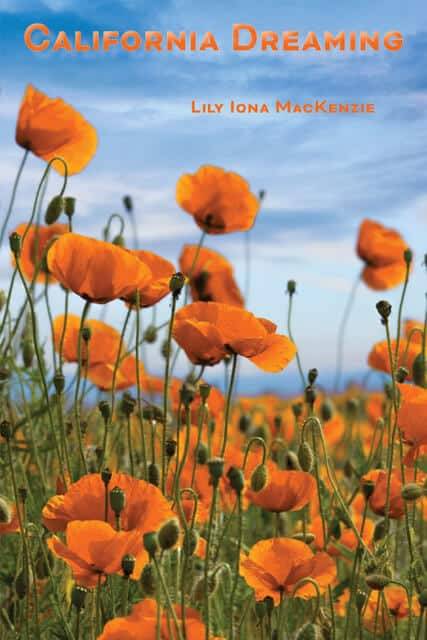
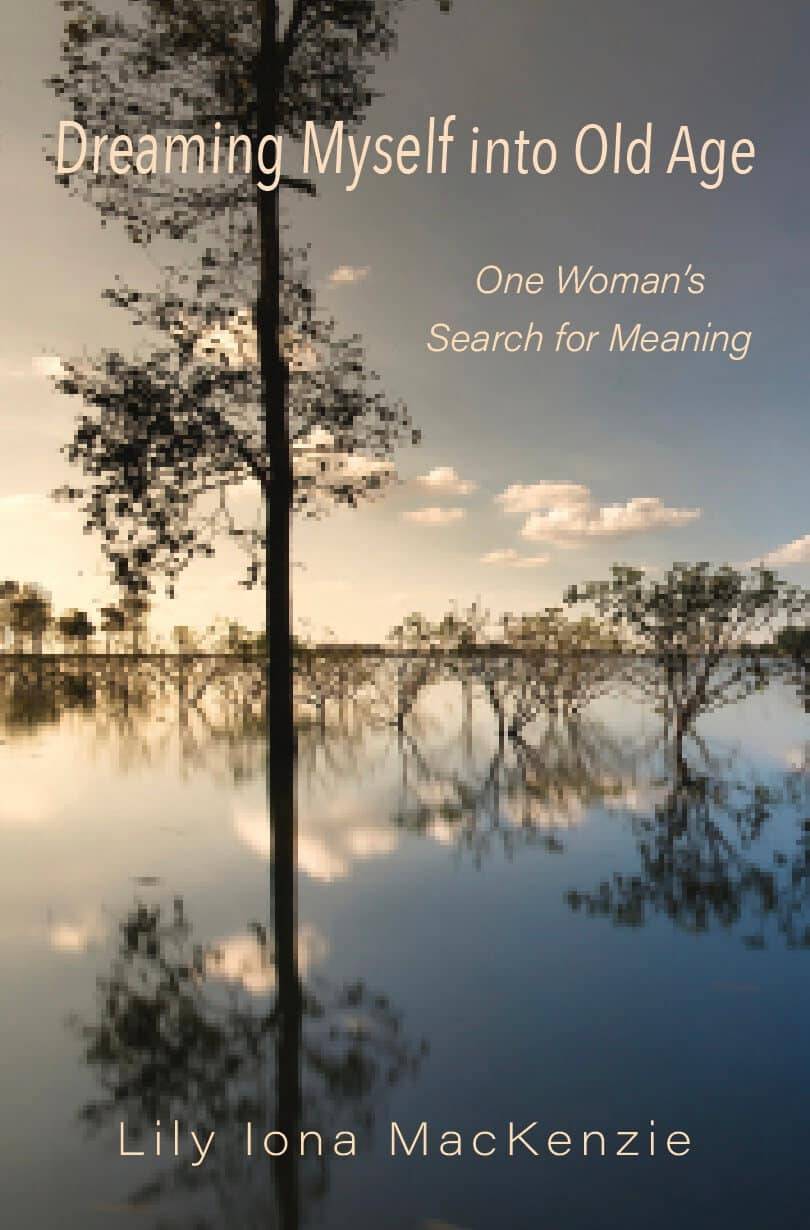
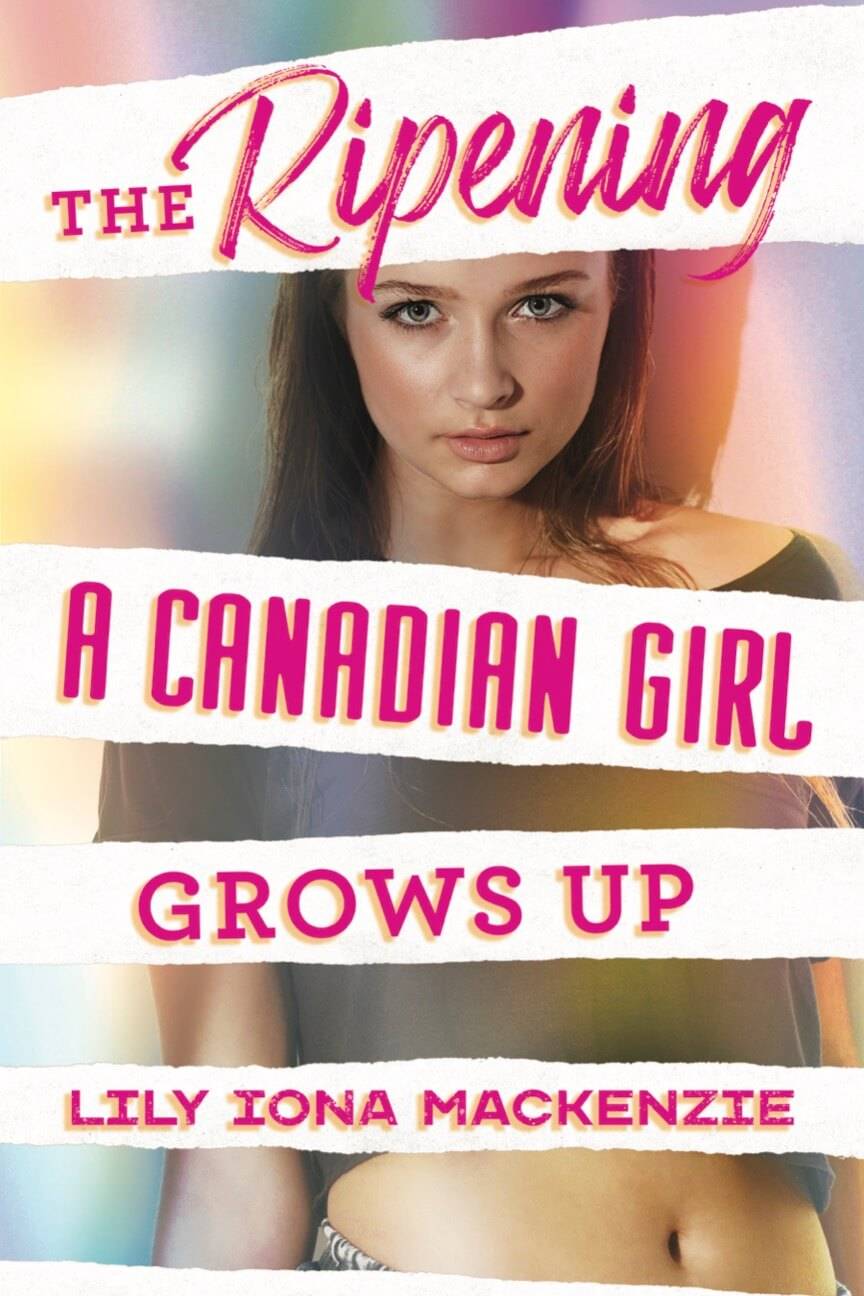
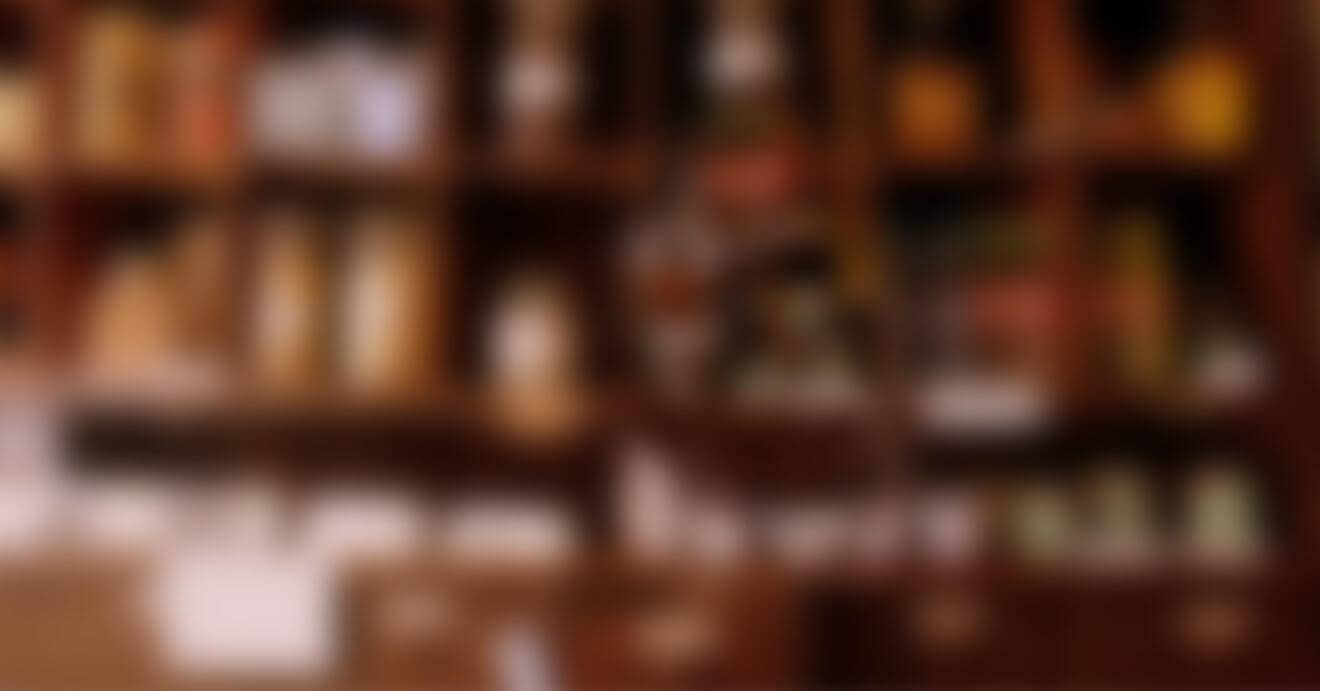
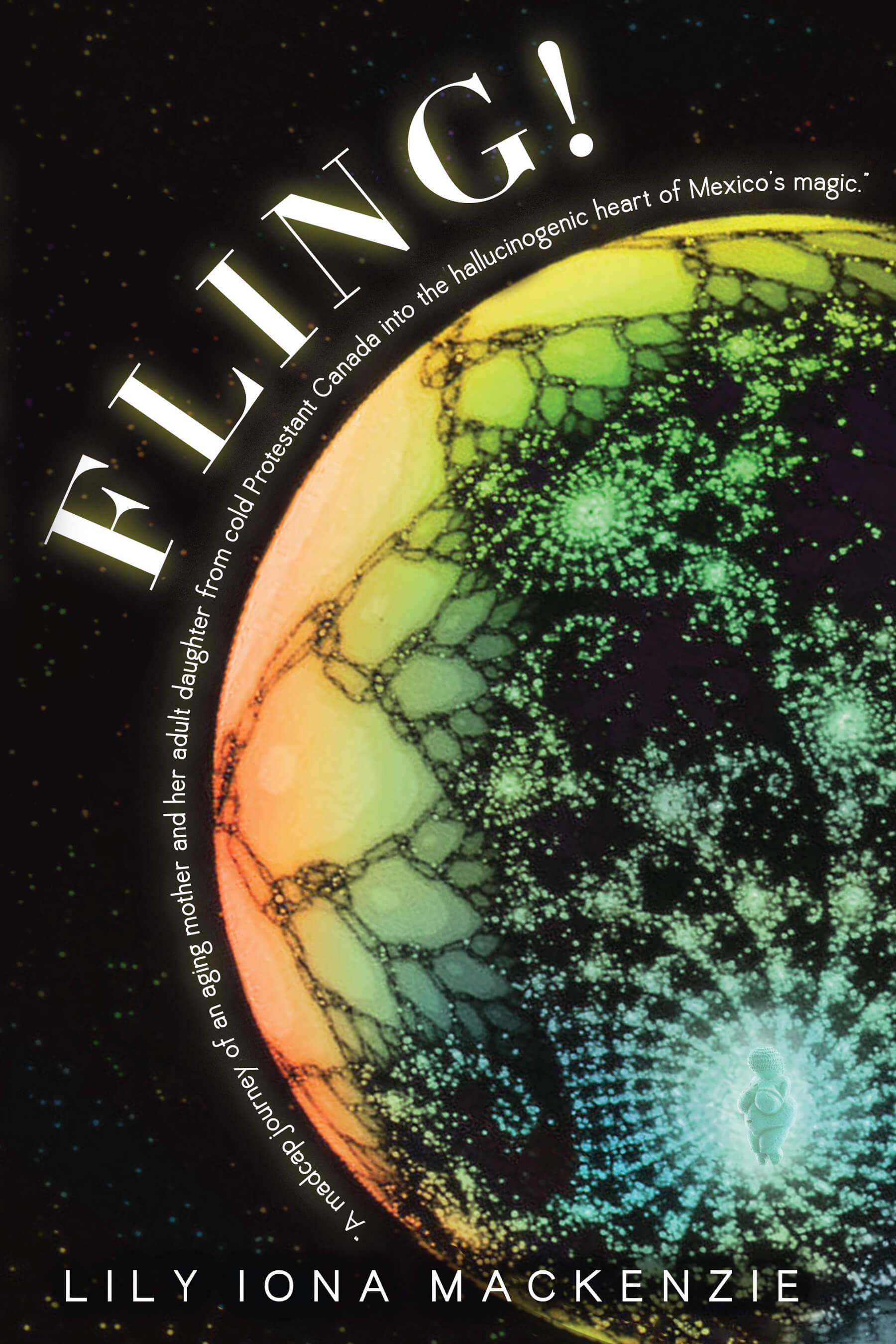
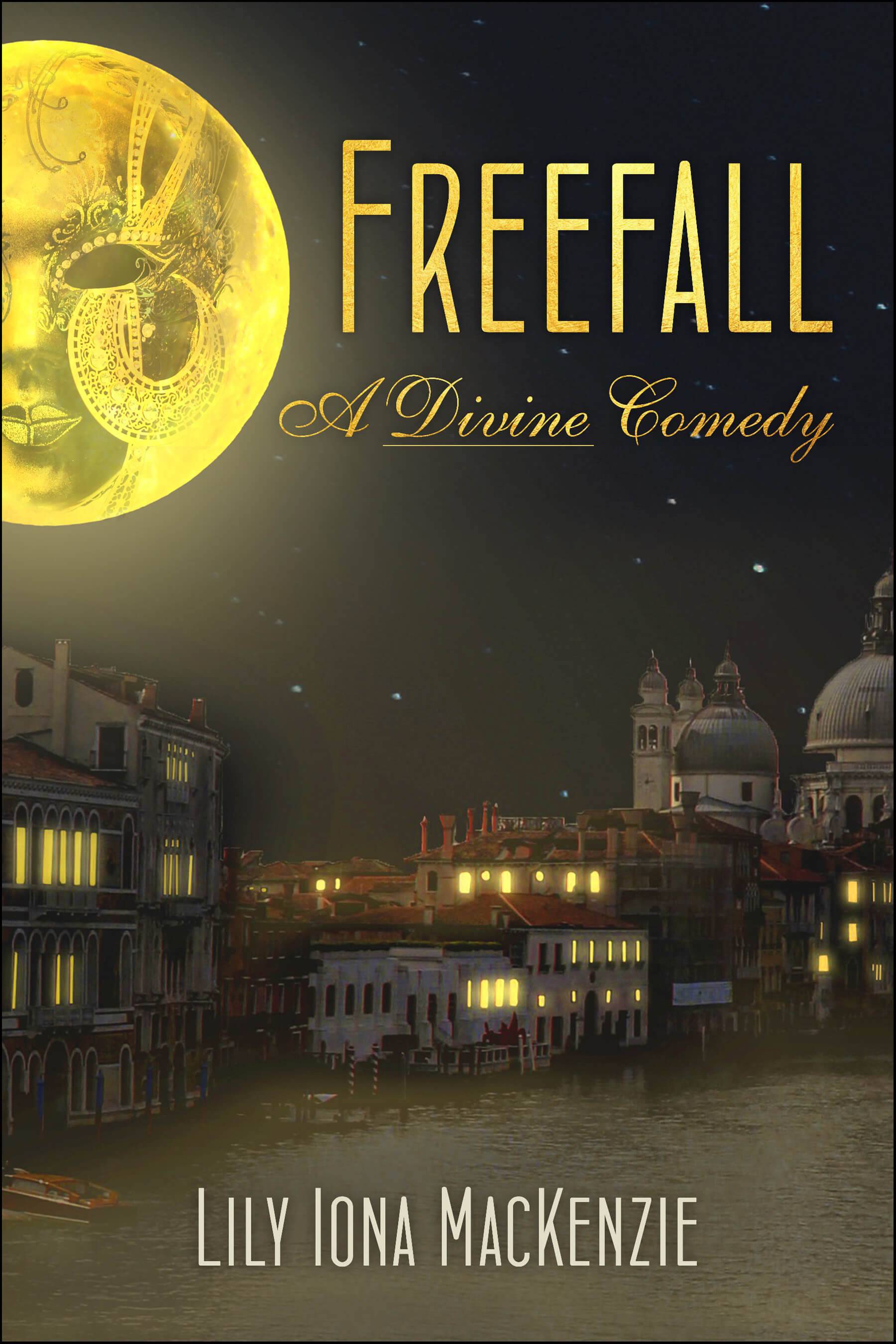

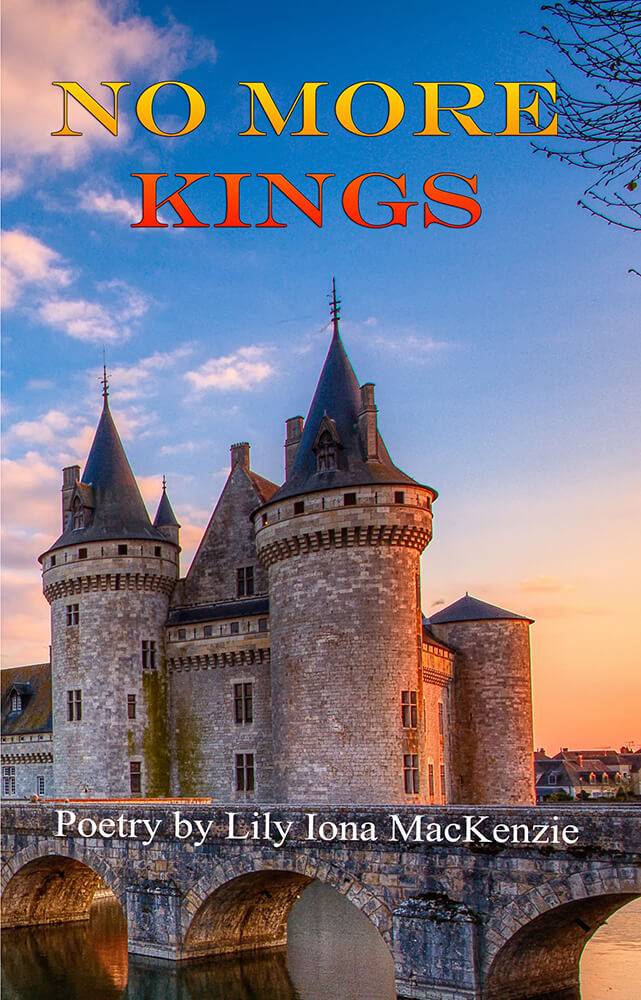


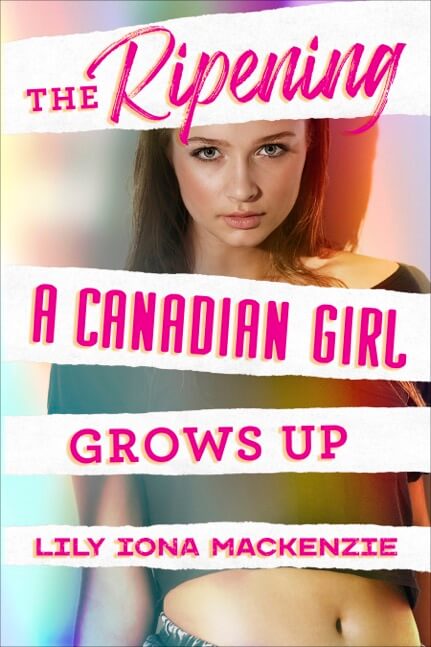

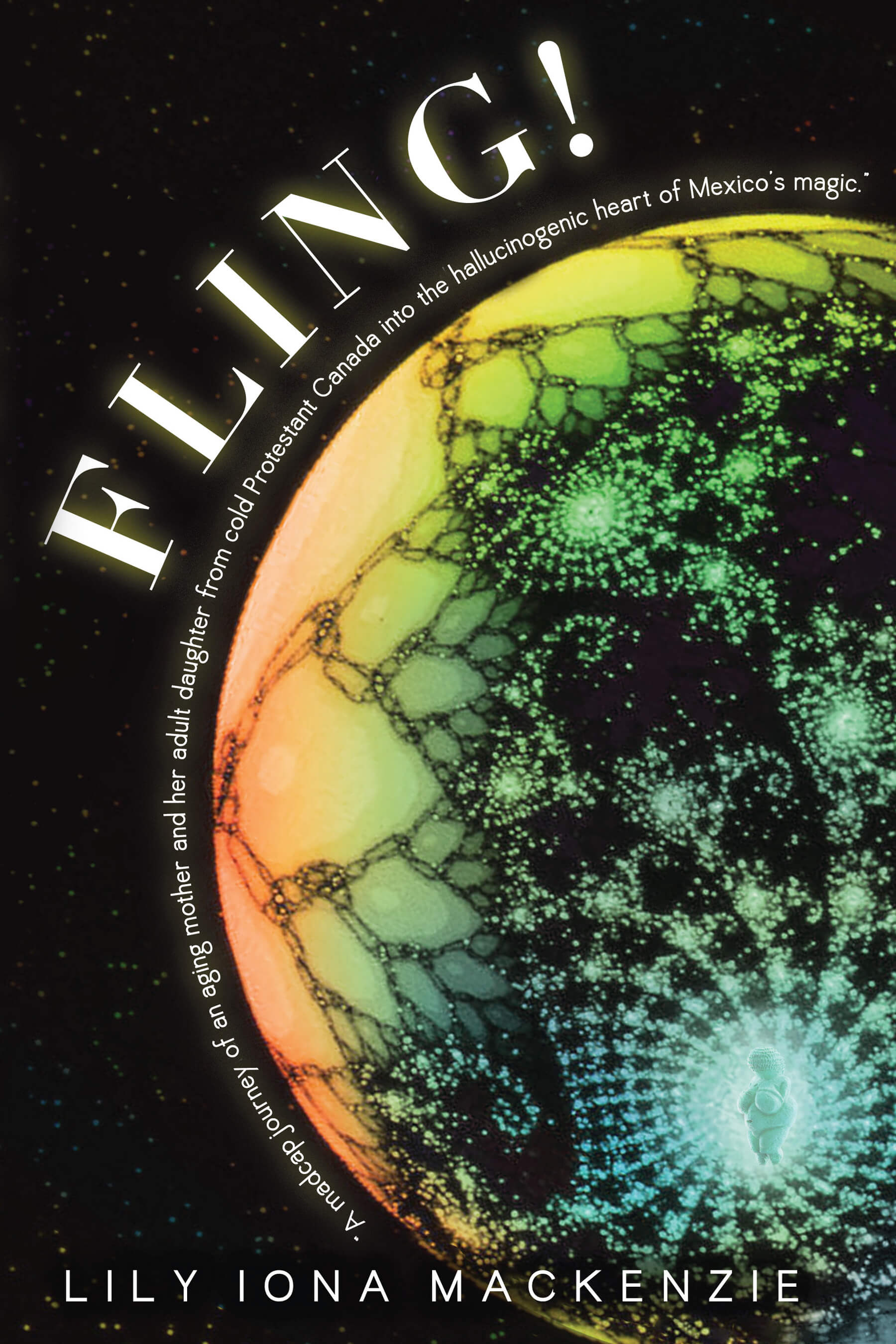
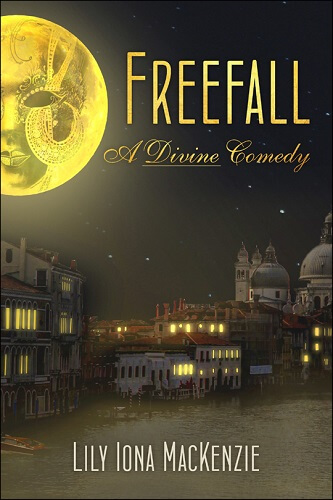
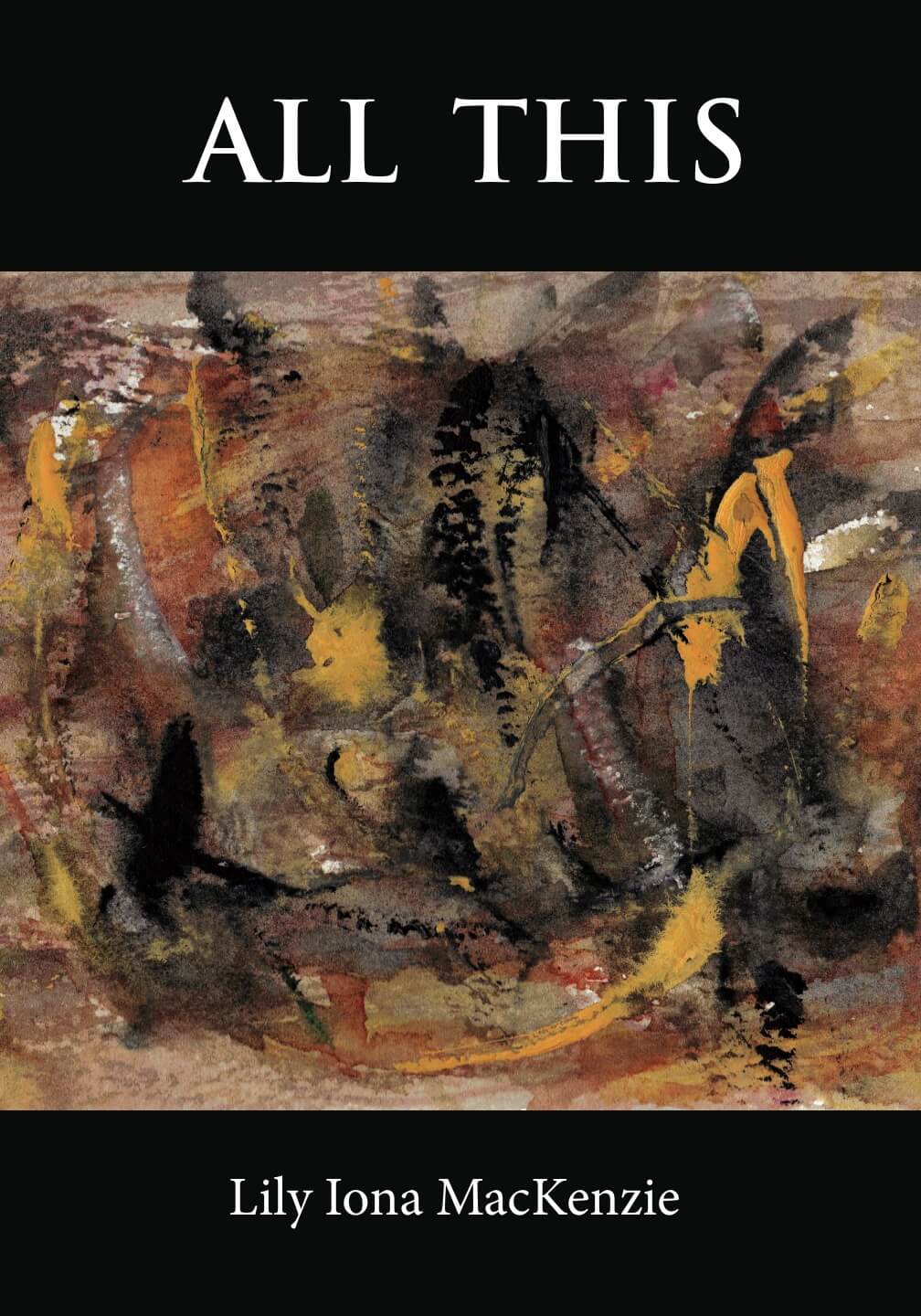

 “Writing is like prostitution. First you do it for the love of it, then you do it for a few friends, and finally you do it for money.” —Molière
“Writing is like prostitution. First you do it for the love of it, then you do it for a few friends, and finally you do it for money.” —Molière In addition to writing adult fiction and non-fiction, I also create pieces for children. Today, I tried to start a children’s story of a girl sleeping in an elegant dollhouse based on a dream image that has stayed with me. But after a few sentences, I felt extremely critical of what I had written. I had to stop. For now. Let it breathe, I said to myself. Let the criticalness soften—fall away.
In addition to writing adult fiction and non-fiction, I also create pieces for children. Today, I tried to start a children’s story of a girl sleeping in an elegant dollhouse based on a dream image that has stayed with me. But after a few sentences, I felt extremely critical of what I had written. I had to stop. For now. Let it breathe, I said to myself. Let the criticalness soften—fall away.  At a recent poetry reading I gave, I was asked if I wrote for a particular ideal reader, something I hadn’t given much thought to. So here is my response to that question, though I’m sure other writers will approach it differently.
At a recent poetry reading I gave, I was asked if I wrote for a particular ideal reader, something I hadn’t given much thought to. So here is my response to that question, though I’m sure other writers will approach it differently.  Ellen Birkett Morris is the author of
Ellen Birkett Morris is the author of  Mimi Herman is the author of The Kudzu Queen, A Field Guide to Human Emotions, and Logophilia. Her novel The Kudzu Queen was selected by The North Carolina Center for the Book for the 2023 Library of Congress “Great Reads from Great Places” program and longlisted for the Center for Fiction First Novel Prize. Her writing has appeared in LitHub, Michigan Quarterly Review, Shenandoah, Crab Orchard Review and many other journals. Mimi is a member of the Board of Directors for the Association of Writers & Writing Programs, a Kennedy Center Teaching Artist, a Warren Wilson MFA alumna, and a Hermitage Artist Retreat Fellow. She directs weeklong Writeaways writing workshops in France, Italy, Ireland, New Mexico and online. For more information visit her at
Mimi Herman is the author of The Kudzu Queen, A Field Guide to Human Emotions, and Logophilia. Her novel The Kudzu Queen was selected by The North Carolina Center for the Book for the 2023 Library of Congress “Great Reads from Great Places” program and longlisted for the Center for Fiction First Novel Prize. Her writing has appeared in LitHub, Michigan Quarterly Review, Shenandoah, Crab Orchard Review and many other journals. Mimi is a member of the Board of Directors for the Association of Writers & Writing Programs, a Kennedy Center Teaching Artist, a Warren Wilson MFA alumna, and a Hermitage Artist Retreat Fellow. She directs weeklong Writeaways writing workshops in France, Italy, Ireland, New Mexico and online. For more information visit her at  writing isn’t going well, and I need to create order somewhere, even if it’s not appearing on the page. I’m an overachiever, so the problem with housekeeping and me is that I’ll start out cleaning the bathtub, and end up replacing the plumbing. As for personal hygiene, you’ll be relieved to know that I tend to keep that up pretty well, no matter how the writing is going.
writing isn’t going well, and I need to create order somewhere, even if it’s not appearing on the page. I’m an overachiever, so the problem with housekeeping and me is that I’ll start out cleaning the bathtub, and end up replacing the plumbing. As for personal hygiene, you’ll be relieved to know that I tend to keep that up pretty well, no matter how the writing is going. One of the best things about being a writer is that you can take your work with you no matter where you go. Of course, this is true now for lots of jobs because of Zoom and the internet and the acceptance of hybrid work. But a writer has always been a
One of the best things about being a writer is that you can take your work with you no matter where you go. Of course, this is true now for lots of jobs because of Zoom and the internet and the acceptance of hybrid work. But a writer has always been a I recently read the book Words as Eggs by Jungian analyst Russell Lockhart. The idea for the work, and the chapter from which the title comes, originated in one of Lockhart’s dreams. A voice in his dream said “Do you not know that words are eggs, that words carry life, that words give birth?” (92).
I recently read the book Words as Eggs by Jungian analyst Russell Lockhart. The idea for the work, and the chapter from which the title comes, originated in one of Lockhart’s dreams. A voice in his dream said “Do you not know that words are eggs, that words carry life, that words give birth?” (92).  A writing friend of mine has papered her bathroom with rejection slips. Viewed in that context, they become less weighty and are put into perspective. As writers, we tend to think of rejections from publishers as negative. But rejections can be gifts in disguise, offering us a way to make lemonade out of lemons.
A writing friend of mine has papered her bathroom with rejection slips. Viewed in that context, they become less weighty and are put into perspective. As writers, we tend to think of rejections from publishers as negative. But rejections can be gifts in disguise, offering us a way to make lemonade out of lemons.  Small presses don’t have the reputation that larger presses do of maintaining high editorial standards. But my experience with these presses, especially Regal House, the one that published
Small presses don’t have the reputation that larger presses do of maintaining high editorial standards. But my experience with these presses, especially Regal House, the one that published  Sometimes I get stuck in feeling I must complete something I’m working on. Or must make a scene into a story rather than just letting myself have fun with the writing. I get too bogged down in the heavy stuff of being a writer. I’ve discovered that to get unstuck, I need to push aside my concerns and just write whatever is surfacing in the moment that wants to be heard. That freedom then allows me to dig into a draft I’ve gotten stuck in and usually enables me to make progress again.
Sometimes I get stuck in feeling I must complete something I’m working on. Or must make a scene into a story rather than just letting myself have fun with the writing. I get too bogged down in the heavy stuff of being a writer. I’ve discovered that to get unstuck, I need to push aside my concerns and just write whatever is surfacing in the moment that wants to be heard. That freedom then allows me to dig into a draft I’ve gotten stuck in and usually enables me to make progress again.  I continue to learn from the journals I kept almost 40 years ago.
I continue to learn from the journals I kept almost 40 years ago. I’ve been rereading journals I wrote almost 40 years ago that still have relevance. I had attended a writing workshop at Wellspring, a former retreat center in Philo, CA. The property had the Navarro River passing through it, as well as several rustic but delightful cabins for guests. For me, the focus on writing was important, but my main reason for being there was the exposure to nature. I was enjoying my time at this Wellspring workshop and being immersed for the weekend in nature.
I’ve been rereading journals I wrote almost 40 years ago that still have relevance. I had attended a writing workshop at Wellspring, a former retreat center in Philo, CA. The property had the Navarro River passing through it, as well as several rustic but delightful cabins for guests. For me, the focus on writing was important, but my main reason for being there was the exposure to nature. I was enjoying my time at this Wellspring workshop and being immersed for the weekend in nature.  My interest in fairy tales has been revived from reading my journals from forty years ago. At that time, I was investigating the art fairy tale. The Grimm’s fairy tales grew out of the oral tradition, but ones that Hans Christian Andersen and others wrote are part of the art fairy tale genre. I was interested then in exploring that mode in my own writing. I’d discovered that some of the stories I’d created fit there. Discovering this accepted category had heartened me to be do more of them and to believe in their worth.
My interest in fairy tales has been revived from reading my journals from forty years ago. At that time, I was investigating the art fairy tale. The Grimm’s fairy tales grew out of the oral tradition, but ones that Hans Christian Andersen and others wrote are part of the art fairy tale genre. I was interested then in exploring that mode in my own writing. I’d discovered that some of the stories I’d created fit there. Discovering this accepted category had heartened me to be do more of them and to believe in their worth.  Michael Bourne is the author of
Michael Bourne is the author of 






